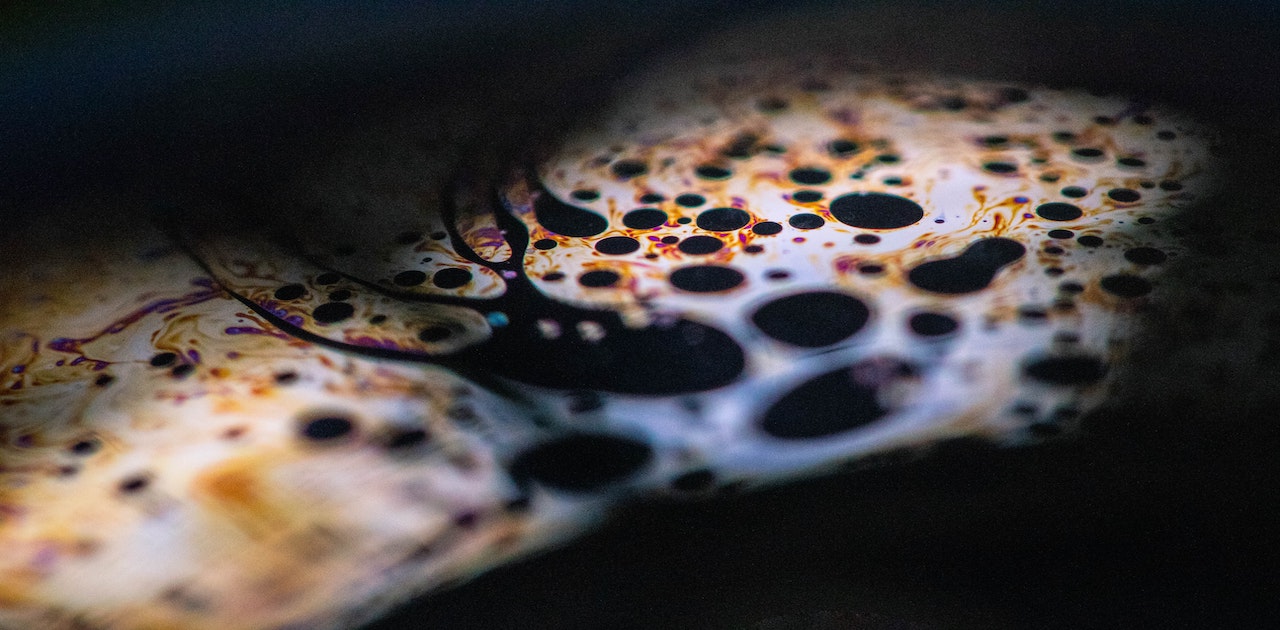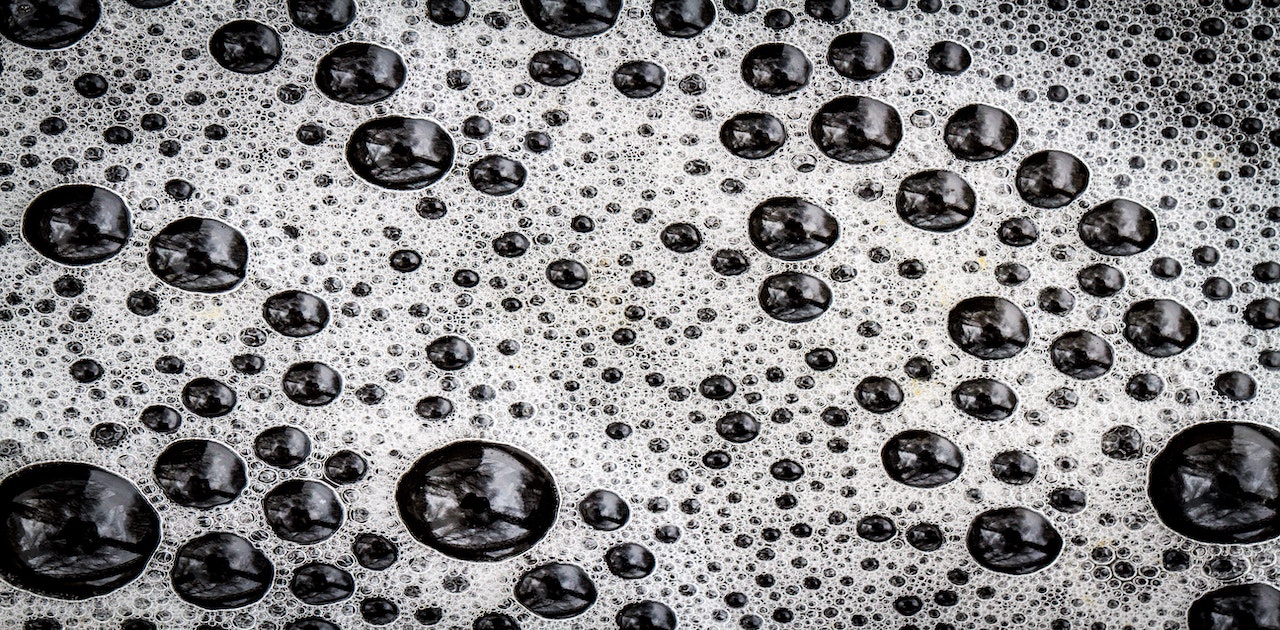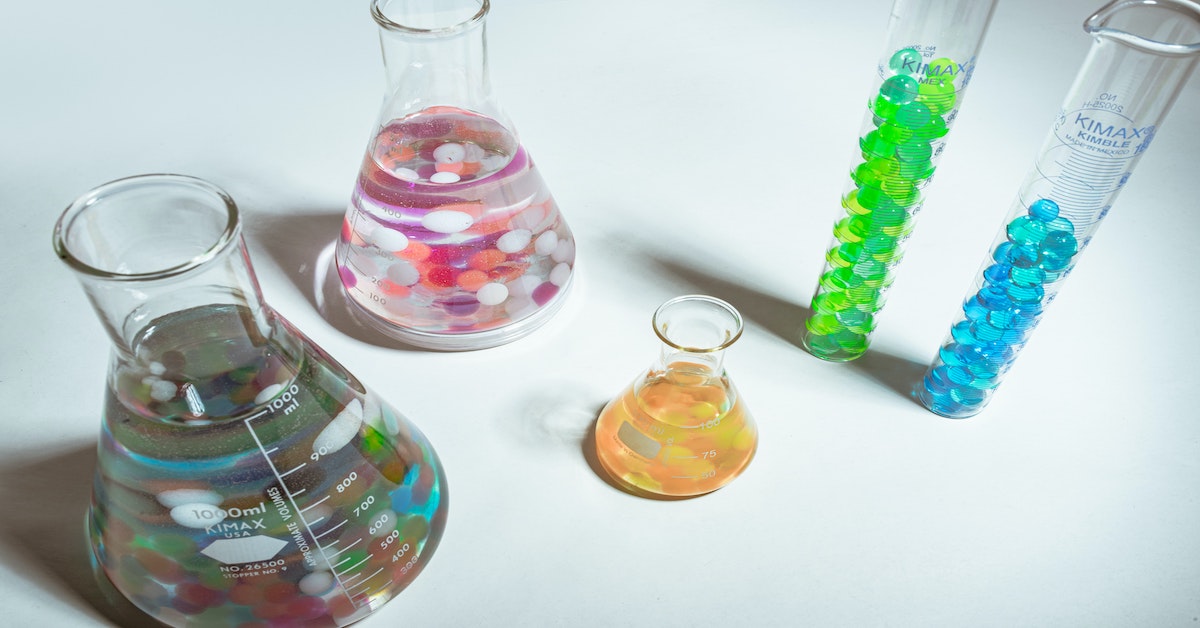Have you used skincare products but sometimes, you feel itchy or your skin show signs of irritation? Check for these common skincare ingredients that could be harmful to your skin.
Generally, the skincare products would have been formulated with good intent to improve your skin. However, many ingredients are used to develop skincare products, and some of the ingredients can be more suitable for specific individuals depending on various factors. Few of these factors can include your sensitivity to skincare products, skin types, and living environments like the weather. Thinking about the factors can be helpful when taking care of your skin, but it would be also beneficial for you to know about common skincare ingredients that could be harmful to your skin.
After all, keeping up with factors can be pretty challenging as they could change depending on what you do. Although it could be difficult for you to be picky at times about what skincare products you can use, it may still be easier than controlling factors like your environment. For instance, you could often be exposed to hot, dry, or humid weather. Also, skincare products can be costly, and improving your skin may take some time for results to show. Therefore, it can be good to use skincare products that have less common skincare ingredients wherever possible that could be harmful to your skin whether the ingredients may affect you or not. So, here are some of the common skincare ingredients that could be harmful to your skin.
1. Paraben

Generally, parabens refer to a group of chemicals that are often used in skincare products as preservatives. Many skincare products usually require preservatives to be added when formulating as preservatives can prolong the integrity of products and prevent chemical changes or harmful bacteria from forming. There are various preservatives that formulators can use in their skincare products. However, some preservatives can be harsh on the skin and even be harmful to you. Parabens have been known to be a common skincare ingredient that could be harmful to your skin.
Also, the standard use rate could be due to parabens such as Isobutylparaben and Propylparaben being an inexpensive option compared to some other preservatives. Although parabens can repel harmful elements such as moulds or bacteria and other micro-organisms in skincare products from forming, they have been associated with some health concerns. For instance, parabens can be endocrine disruptors that interrupt the body’s endocrine systems and cause problems in immune, developmental, neurological, and even reproductive functions. Also, if you are new to skincare and want a simple skincare routine, found out about it here.
2. Fragrance
Fragrances can be quite interesting and identified as other various names in the ingredient lists of skincare products such as perfume, aroma, and eau de toilette. Although it is known as one of the common skincare ingredients that could be harmful to your skin, some people get less or are not even affected at all by using skincare products with fragrances. Many skincare products could have fragrances or other known names as formulating with them can allow the products to have an attractive smell which inclines some people to buy them. However, fragrances can be harmful depending on how sensitive you are towards them, how strong the fragrances have been made, or how high the quantity added to the skincare products is.
Fragrances can be harsh on the skin and cause irritation or allergic reactions. The term fragrances can be used in the ingredient list but don’t explain what was used to make the fragrances. After all, some fragrances can be artificial, and who knows how many chemicals were used to make them. Therefore, fragrances could contain chemicals that can be endocrine disruptors, neurotoxins, and other harmful substances. If you want to use skincare products with a pleasant smell, a safer option might be those that use natural scents such as essential oils and extracts from natural sources like flowers or fruits.
3. Formaldehyde

Another common skincare ingredient that could be harmful to your skin is formaldehyde. Formaldehydes often come in the form of a colourless gas. Therefore, it is usually used as a chemical preservative, mixed with liquid to prolong shelf lives for skincare products and prevent micro-organisms growth such as bacteria and fungi. However, formaldehyde has been associated with a carcinogen. Furthermore, formaldehyde with other formaldehyde releasers such as Diazolidinyl urea and Sodium hydroxymethylglycinate has been known as allergens and sensitisers for certain individuals.
You may be surprised how common formaldehyde and formaldehyde releases get used in skincare product formulations. Although a small amount of formaldehyde can be harmless, it would be best to avoid formaldehyde. Since there are so many skincare products that get formulated, you can be a bit picky when you choose which skincare products to use for your skin. After all, it would be best for you to get skincare products that fit your needs and are as safe as possible, especially when you are in a position to be choosable with a wide range of skincare products available. To find out how you can improve your skin by doing simple things, you can check here.
4. Oxybenzone
Oxybenzone is often used to stabilise the colour and smell of skincare products. Additionally, it is usually used in sunscreen due to the oxybenzone’s capability that can help in blocking and absorbing sunlight, such as UV Alpha and UV Beta rays. Furthermore, oxybenzone can easily dissolve to create skincare products like cream or lotion. It allows you to quickly get protection from the sun due to the fast absorption nature of oxybenzone.
However, some of the reasons why oxybenzone is one of the common skincare ingredients that could be harmful to your skin are how it can be irritating to your skin and cause allergies. Also, oxybenzone can be an endocrine disruptor that could interrupt your endocrine systems. One of the concerns for using oxybenzone is how quickly it gets absorbed into your body, leading to the build-up of toxins from oxybenzone as a hormone disruptor. Therefore, it would be best to look for other skincare product options if oxybenzone was used to formulate the skincare product you are trying to use.
5. Petrolatum

Petrolatum, also known as petroleum jelly or mineral oils, can often be found in skincare products such as lotions and eye creams, especially those suitable for dry skin. Generally, petrolatum is used as a moisturising agent because it is a rich emollient and skin protectant. Although petrolatum could be utilised if appropriately refined, petrolatum often doesn’t get refined efficiently. Additionally, there can be many imitations or mass productions that have contamination risks. Also, petrolatum doesn’t usually get adequately refined. There is a chance that polycyclic aromatic hydrocarbons (PAHs) can form, known as irritating to your skin and as carcinogens.
Furthermore, petrolatum is used for moisturisers or lip balms without having sufficient moisturising properties with the intent to retain moisture. However, the barrier to maintaining moisture can also block moisture from getting absorbed in the skin externally. Therefore, without additional moisture externally, when the products themselves may not have sufficient moisturising properties, you can lead your skin to become dry. If you are interested in ways to improve your skin without the use of skincare products, check it out here.
6. Triclosan
Triclosan can be one of the controversial common skincare ingredients that could be harmful to your skin due to the toxic effects it can have on the body. Triclosan is often associated with irritating your skin and eyes as well as numerous allergies. Furthermore, it has been linked with possible hormone disruption and the risk of contamination with other toxic substances like chloroform. These effects can be pretty harmful to your body, especially when used for a long time. There is also the possibility that triclosan is an environmental threat as it breakdown slowly and can accumulate.
Although triclosan has been associated with adverse effects on the body and skin, it can be surprising that still be commonly found in skincare products. Often, triclosan has been used as a strong preservative to prolong shelf life with its powerful anti-microorganism properties. However, it would be best to avoid triclosan or triclocarban products where possible and use other skincare products that fit your needs.
7. Sodium lauryl sulphate/Sodium lauryl sulfate (SLS)

Sodium lauryl sulphate or sodium lauryl sulfate (SLS) are often used in skincare products due to how flexible they can be as an ingredient. They can be used for surfactant properties, as emulsifiers and skin conditioning agents. For instance, you could add SLS in the body wash to make it more lather and as a chemical to create bubbles, making it easier to clean dirt by trapping them.
Also, SLS as an emulsifier can thicken and stabilise compounds with other ingredients that have different solubility, making it easier to achieve better texture and become smoother. However, although SLS seems like it can be good for your skin and when making skincare products, SLS has been linked as one of the most sensitising ingredients for skincare products. Furthermore, it can irritate your eyes and skin, cause dry skin, redness, allergies, and even be harsh on your skin if used as a cleanser, stripping off your natural oils. Find out over here about the best ways to cleanse your skin.
8. Phthalate
Phthalates, also known as plasticisers, are often used in skincare products to make them softer, more flexible, and resistant to being broken. Furthermore, phthalates can usually be found in fragranced skincare products such as lotion or cream as they have the property of prolonging the smell. Often, they may be incorporated into the ingredient such as fragrance, perfume, and aroma and might not be easily identifiable as chemicals that make up the fragrance or aroma aren’t usually specified.
However, it would be best to avoid phthalates or even products with fragrances and other known names where possible, as phthalates are often associated with various health issues. For instance, phthalates can be a hormone disruptor, have negative effects on the reproduction system, and have also been linked with ADHD, diabetes, and even cancer. Some additional examples of phthalate that you could look to avoid better can include DBP, DEHP, and DEP.
9. Alcohol

Alcohol is one of the most common skincare ingredients that could be harmful to your skin, but this can relate to certain types of alcohol as not all of them may be harmful. Also, this might be surprising as alcohols can be used pretty often in skincare products for their multipurpose utilities. For instance, alcohol can be used as a preservative and to allow skincare products to become dry faster on your skin. There are also numerous types of alcohol, such as denatured or dry alcohols and fatty alcohols.
Denatured or dry alcohol is often considered alcohol-associated as harmful due to its nature of causing dryness and stressing your skin, interrupting the skin renewal cycle. Usually, skincare products such as cleansers or toners with alcohol are promoted to those with oily skin as alcohol generally can help you break down oil and reduce excess oil. However, skincare products with alcohol, especially denatured or dry, can be harsh, strip your skin of natural oils, and damage your skin barrier. If you consider using skincare products with alcohol, it would be helpful to avoid denatured or dry alcohols and look for products with fatty alcohols. Fatty alcohol such as cetearyl, cetyl, and stearyl alcohols can be safer and even beneficial to the skin.
As with many skincare products that can be formulated, numerous skincare ingredients are used in different ways for formulation. Some would be common skincare ingredients that could be harmful to your skin, while others might be safer and provide various benefits to the skin. Furthermore, some harmful ingredients, such as fragrances, may not always affect you or certain individuals compared to others.
However, it would still be best to know about the common skincare ingredients that could be harmful to your skin to avoid them where possible. After all, it would be helpful to avoid them from the beginning as a precaution rather than find out that one of these ingredients was in your skincare product and affected you. Try to read the ingredients in the skincare products you are considering using whenever possible and learn about them to see if they will meet your needs.

